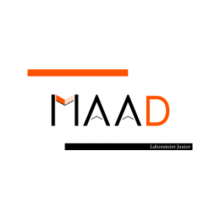
Subject:
After being considered a universal model, or even associated with the end of history, liberal representative democracy now seems to be weakened and overwhelmed by many challenges left unanswered. The difficulty of overcoming short-term logic in the face of ecological issues, the "Crisis of representation" (alternatively interpreted as a loss of confidence in the governing elite or in the institutions of representative democracy) which leads to new participation models emerging (random selection, party-movement, delegative or liquid democracy) or other ways of thinking about the deliberation and erosion of sovereignty of nation states in the face of economic globalization, the pressure of migration, which makes the dividing line between citizens and foreigners more sensitive and problematic, the new information and communication networks that put public space in the challenge of post-truth are all aspects. To what extent do these tensions invite them to renew our political categories? Are they internal to the concept of democracy? How have they marked history? Or on the contrary, does their unprecedented character imply a redefinition of our expectations based on the past? In what ways are these changes observed in political and electoral behavior? What are the new democratic experiences that researchers are observing in France and abroad? What types of organizations do stakeholders choose and what tools do they use to achieve their goals?
Creation Date:
14/03/2018
Closure Date:
31/12/2022
Project Leaders:
Théophile PENIGAUD DEMOURGUES, Marie MONTAGNON and Lionel CORDIER






